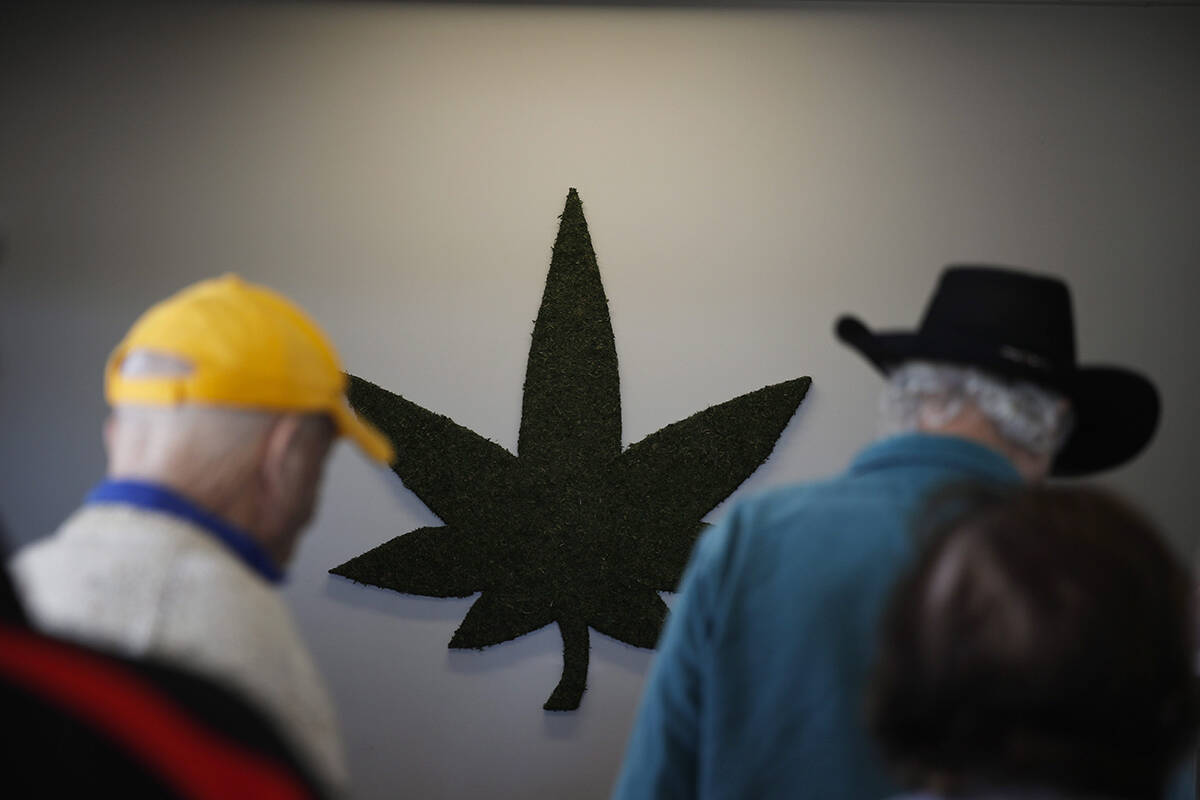By James Matthews
At times, Rose W. displays more characteristics of a Millennial than a Baby Boomer. But studies suggest that Rose’s cannabis consumption is becoming increasingly popular with her generation.
While Rose might not conjure up the image of a typical cannabis consumer, she is part of a growing demographic: seniors who use cannabis.
A Statistics Canada survey from 2019 quantified this growth. The survey found that “cannabis consumption among seniors has been accelerating at a much faster pace than it has among other age groups. For example, in 2012, less than one per cent of seniors (about 40,000) reported using, contrasting sharply with estimates from 2019 indicating that more than 400,000 seniors have used cannabis in the past three months.”
And Rose’s demographic is largely made up of new cannabis users.
That’s where Rose found herself in 2016. Arthritis and nerve pain in her back was greatly impacting her sleep and overall well-being. With support from her son and doctors, Rose started to use CBD ointments to treat her pain. She opted not to dive into THC-based treatments due to a history of dizziness and vertigo.
After years of using CBD, Rose gradually added THC to her pain-fighting repertoire. The highlights for her are THC-infused dark chocolate and CBD gummies.
“I love them,” Rose said. “I’m able to enjoy these during the day while still using my drops at night to help me sleep.”
Rose added that the biggest benefit of her cannabis consumption is that it eases her pain enough to get a good night’s sleep. At times, though, she notes that her body reacts to the THC with dizzy spells.
As more seniors seek to try cannabis for the first time, many of them are seeking advice from their doctors before partaking. The B.C. Care Providers Association devoted a panel discussion in their #CareToChat series on the impact of cannabis legalization.
Ahead of the event, the association published an op/ed piece pointing out that “Cannabis advocates also note that not only is it safe to consume, but that it can treat other age-related conditions like cancer or glaucoma.”
The #CareToChat discussion provided additional viewpoints to safety concerns. Like most conversations around cannabis, a look at CBD versus THC came to the forefront.
Terry Roycroft, President of the Medicinal Cannabis Resource Centre, said recreational legalization will make more seniors open to using cannabis for medicinal purposes. CBD, a cannabis compound that has no psychoactive effects, offers a way for users to reap the health benefits of cannabis without getting high.
David Greb, Director of Continuing Care at Canopy Growth, cautioned that while cannabis may be a safer alternative to alcohol and drugs like opioids and benzodiazepines, it’s not for everyone. Health status, dosage and administration need to be considered when seniors take cannabis for medical reasons or recreation.
Seniors should also talk to their doctor about how THC or CBD can impact medications they may be taking. Research has shown that people who take blood thinners should avoid consuming THC or CBD, as the compounds can interfere with the metabolism of blood thinners.
After speaking to a medical professional, seniors are encouraged to reach out to family members who already use cannabis to share their knowledge and help them feel more comfortable buying cannabis products.
The most important thing to remember is to start low and slow. Taking too much THC can result in negative experiences that can include paranoia and anxiety, and taking too much CBD can lead to drowsiness and an upset stomach. If someone does take too much, don’t worry — there are no recorded fatalities from overconsumption of cannabis and some tricks like eating citrus fruits can help reduce the effects of cannabis.
It may take some time before every grandmother’s candy dish is filled with CBD gummies instead of Werther’s Originals. But, there are ways in which they can consume safely.

